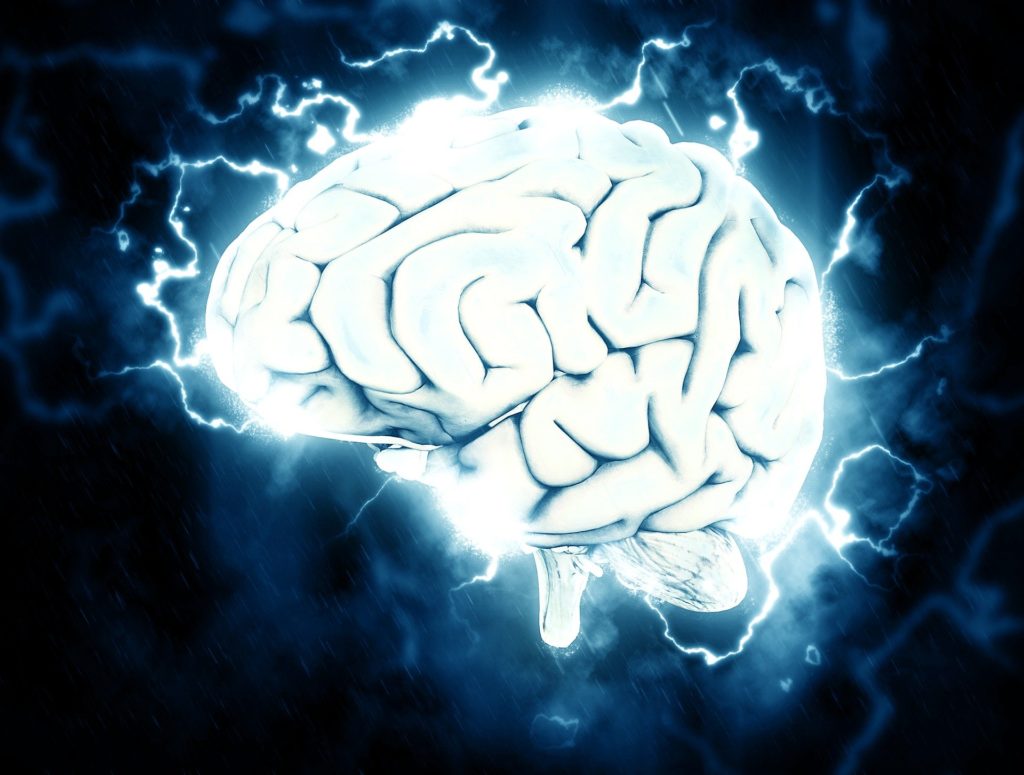Common Disorders
Below is a summary of some of the most common disorders we see when we do evaluations, although we have expertise with many more. There are also links to outside resources.
The information below is not meant for diagnostic purposes. If you or a loved one are experiencing any of the symptoms listed, please consult with your physician.
Dementia
“Major Neurocognitive Disorder” is the clinical term used by professionals to identify a dementia. “Dementia” is a general term for when a person has developed difficulties with reasoning, judgment, and memory. People who have dementia usually have some memory loss as well as difficulty in at least one other area, such as:
- Difficulty performing or completing familiar tasks
- Using the wrong words or forgetting simple words
- Putting things in the wrong places
- Spatial disorientation about where you are in time or space.
- Poor judgment or inability to follow through with basic life skills
- Changes in mood
- Personality changes
- Loss of motivation
In order to be considered a dementia, these issues must be severe enough to interfere with a person’s independence and daily activities.
Dementia can be caused by several diseases that affect the brain, including Alzheimer’s disease and cerebrovascular conditions (such as high blood pressure and high cholesterol).

For more information visit:
National Institute on Aging: provides free information on aging and dementia: nia.nih.gov
Alzheimer’s Association: provides resources for those with Alzheimer’s and their caregivers: alz.org
Up to Date: provides diagnosis details and is an online tool for patients to learn more about their symptoms: uptodate.com/patients

Parkinson's disease
Parkinson’s Disease is a progressive decline in the ability to control movement, speech, and related motor functions. It often includes changes in mood, behavior, and thinking. Symptoms vary widely but usually manifest as one or more of the following:
- Tremor in the hands, arms, legs, jaw, and face
- Rigidity or stiffness
- Slowed movement
- Declines in balance and stability along with postural changes
- Memory decline
For more information visit:
Multiple Sclerosis
Multiple Sclerosis is a chronic autoimmune disease that affects the brain and spinal cord. It is thought to be a result of the immune system attacking parts of the body as though they were foreign. Symptoms vary depending on which nerve fibers are affected, but may include:
- Memory Loss
- Difficulty with attention and concentration
- Word-finding problems
- Difficulty multitasking
- Numbness or weakness in limbs
- Partial or complete vision loss / blurred vision
- Tingling or pain in parts of the body
- Tremors and loss of coordination
- Dizziness and loss of balance
- Fatigue
For more information visit:


Traumatic Brain Injury
Traumatic brain injuries (TBIs) can be caused by a severe blow to the head, a fall, a car accident, or similar trauma. If there is a loss of consciousness or an altered mental state, a brain injury may have occurred. Some symptoms include:
- Dizziness
- Nausea
- Disturbed sleep
- Headaches
- Irritability
- Memory problems
- Concentration and attention problems
For more information visit:
Attention Deficit / Hyperactivity Disorder (ADHD)
ADHD is considered a developmental disorder that typically manifests in one of two ways: inattention and hyperactivity/impulsivity. It usually develops during childhood, but can present itself later in life when the greater demands of adulthood become a challenge for someone. Symptoms may include:
- Distractibility
- Difficulty with concentration and focus
- Short term memory loss
- Procrastination
- Problems organizing ideas and belongings
For more information visit:


Mood Disorders
- Depression
- Bipolar Disorders
- Anxiety Disorders
For more information visit:
Copyright © 2020-2023 Jacksonville Neuro and Clinical Psychology Group. All rights reserved.

